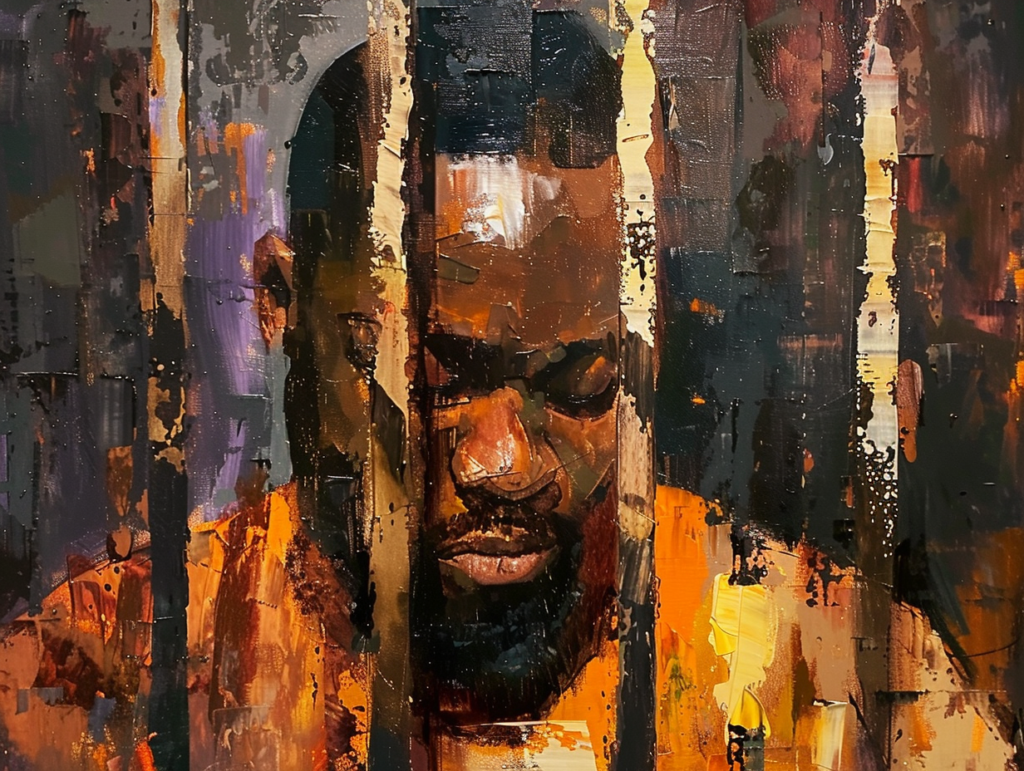
Can cannabis reclassification be a real step toward racial justice?
While cannabis reclassification is seen as a step toward greater racial equity in drug policy, it alone may not fully address the systemic problems that lead to racial inequalities in drug criminalization.
The Biden administration's recent announcement to reclassify cannabis as an illegal drug has sparked heated debate, particularly about the potential impact on racial inequality in drug criminalization. While this move is being hailed by many as a significant step toward justice, particularly for communities disproportionately impacted by strict drug laws, others argue that it may not be a panacea for racial inequalities.
Previously classified as a Schedule I drug alongside substances such as heroin, cannabis has been a major cause of drug arrests in the United States, with a notable racial bias. Statistics have consistently shown that blacks are arrested for marijuana-related offenses at significantly higher rates than whites, despite roughly equal rates of use. Reclassifying cannabis into a lower category is expected to reduce the severity of charges associated with possession and use, potentially leading to fewer arrests and lighter sentences.
But the reorganization alone may not solve the deeper, systemic problems that contribute to racial disparities. For one thing, it does not automatically expunge past convictions. While some states have initiated their own criminal expungement programs following legalization or decriminalization, at the federal level, criminal records remain untouched without additional legislative action. This means that the life-altering consequences of a criminal record—such as difficulties finding jobs and housing and accessing educational opportunities—will continue to burden many, especially Black and brown people.
In addition, replanning may not significantly change law enforcement behavior or eliminate the implicit biases often reflected in police practices. Communities of color may continue to face disproportionate scrutiny due to longstanding stigma and stereotypes surrounding drug use.

On the positive side, the reclassification of cannabis opens up more opportunities for legitimate economic participation. The burgeoning legal cannabis industry could produce a more diverse group of entrepreneurs if barriers to entry, such as cannabis-related criminal records, were lowered or eliminated entirely. This economic aspect could lead to better community relations and provide a real economic boost to those who have been marginalized by drug laws.
In summary, while cannabis reclassification represents a historic shift in drug policy and has the potential to mitigate some aspects of racial inequity in the criminal justice system, it is only one piece of the larger puzzle. To truly address systemic racial inequities, comprehensive reform that includes criminal record expungement, changes in policing practices, and equitable access to the economic opportunities of the cannabis industry is critical.

Post a comment: